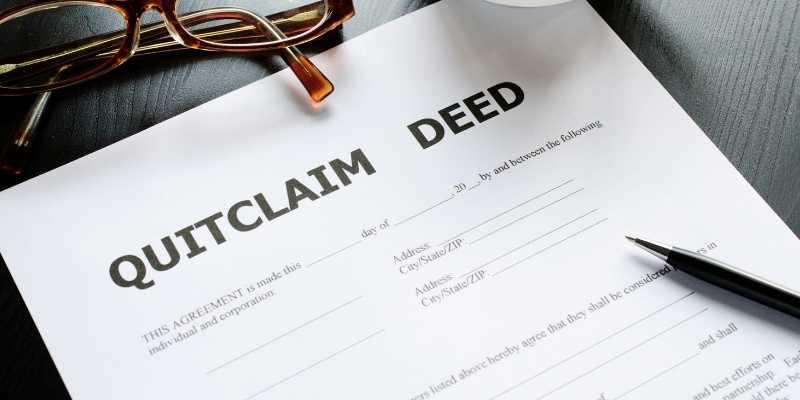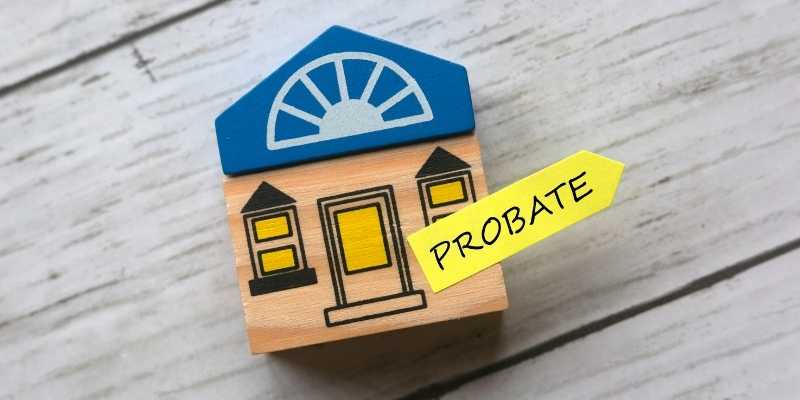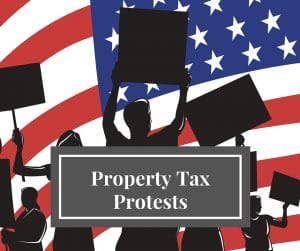What Do You Need to Do to File Tax Protests in Texas
We often get questions from clients about property tax protests. If you have a question or concern about your property tax, please call or text our office for an appointment.
Question: I received a notice of the 2016 appraised value for my property, and I believe the new appraised value is too high. What do I need to do in order to file a tax protest?
Attorney Response. In order to file a property tax protest, you will first need to comply with the prescribed deadlines. You must file a written protest on or before May 31st or not later than the 30th day after the date a notice was mailed to the property owner. The Appraisal Review Board (ARB) will notify you of a Notice of Hearing. At least 14 days before the hearing on a protest, the chief appraiser will deliver a copy of the hearing procedures, certain information the appraiser intends to use at the hearing and other documentation.
You can resolve many tax protests with an informal hearing with a CAD appraiser. In order to do so, you should be able to provide documentation to support your claims. Informal hearings end on the last day to protest. If resolution cannot be reached at the informal hearing, you will need to appear before the ARB at your scheduled hearing time.
The ARB hearing is open to the public. The ARB hears evidence from both the property owner and the appraisal district and then arrives at a ruling. Each party to a hearing is entitled to offer evidence, examine or cross-examine witnesses or other parties, and present arguments.
If You Appeal the ARB Ruling, We Recommend that You Hire an Attorney to Represent You.
After your protest hearing, the ARB will send you a copy of its ruling, known as the ARB order. You may appeal the ARB order by filing a lawsuit in the district court of the county where the property is located within 60 days from the date you receive the ARB order. You can represent yourself, but we strongly recommend hiring an attorney who is experienced in litigating appraisal appeals.
As an alternative to filing a court appeal, you may have a right to appeal through binding arbitration, if your property is a residential homestead or a property with an appraised value of $1 million dollars or less. You must file an arbitration appeal with the appraisal district within 45 days of receiving the ARB order. An arbitrator decides an arbitration appeal.
Finally, there is another option. For property valued over $1 million dollars and meeting several criteria, a property owner can file an appeal to the State Office of Administrative Hearings (SOAH). You must file an appeal to the SOAH within 30 days of receiving the ARB order. An administrative law judge decides an appeal to the SOAH instead of an elected district court judge. Whichever option you choose, good luck!







